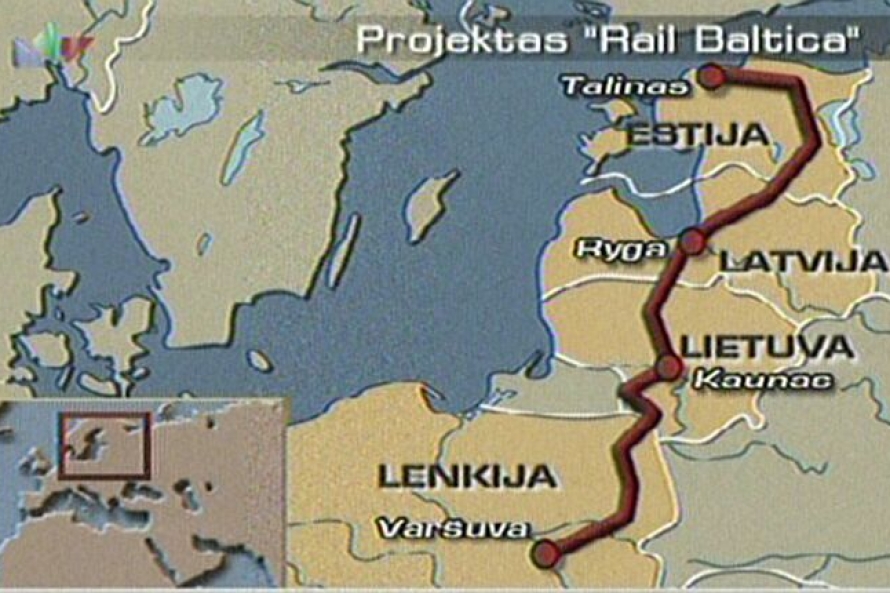"There is a possibility that the Connecting Europe Facility (CEF) would provide €11.9 billion for cross-border transport projects during the first round. The Baltic states should definitely apply for funding for Rail Baltica," Palling said in a statement.
The CEF first round deadline for funds applications is the end of February 2015.
In July this year, Estonia, Latvia and Lithuania agreed on founding the joint company RB Rail AS needed for applying for CEF funds.
The founding of the joint company is planned for October, and the submission of the application for February next year.
Transport ministers of the three Baltic states are due to discuss the matter again in Milan, Italy on Tuesday and Wednesday tomorrow and the day after.
One of the issues still to be resolved is the precise route the line will take, though Estonia insists the route does not have to be confirmed by the time of the application for funds.
Delays to the project - first mooted a decade ago - have been caused by various internal wrangles between the partners including whether or not a link to Lithuanian capital Vilnius would be included in the core project.
When complete - which according to the plan will be "by 2025", travel times between the Baltic capitals should be slashed, and further links in neighboring countries should eventually make it possible to travel from Berlin to Tallinn by rail, with the option of going on to Helsinki by ferry.
The Baltic states' railway networks are currently of limited size and based on Russian-gauge tracks and mainly outdated Soviet-era rolling stock and infrastructure.
Rail Baltica is among 30 priority transport projects identified by the European Union.
Completion of the project, projected for 2025, is expected to cost 3.7 billion euros.
CEF was created as a source of additional funding for developing a pan-European transport infrastructure.


























